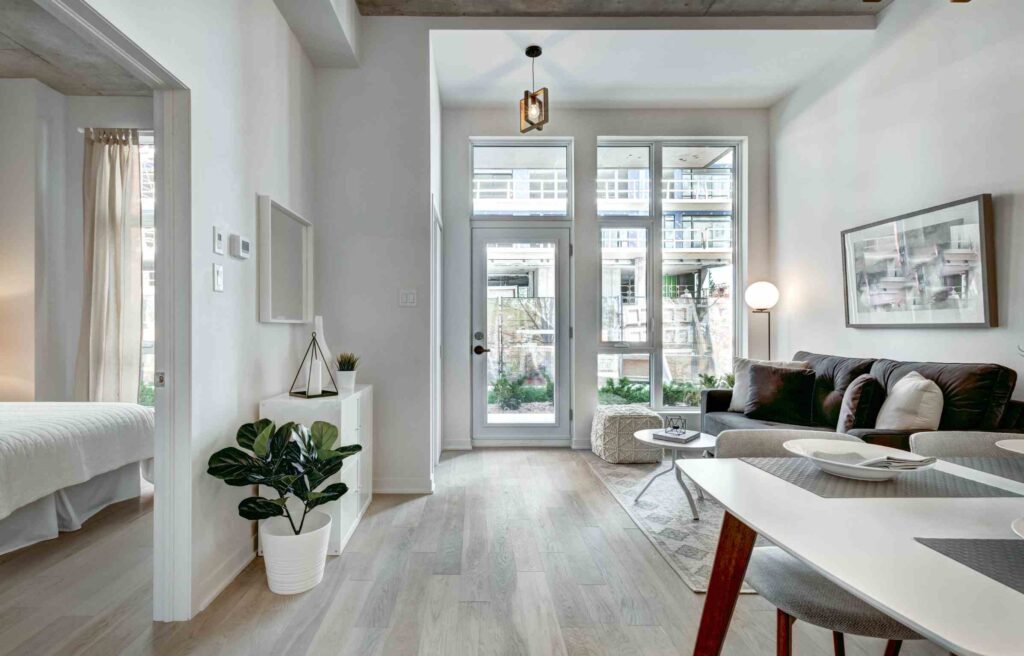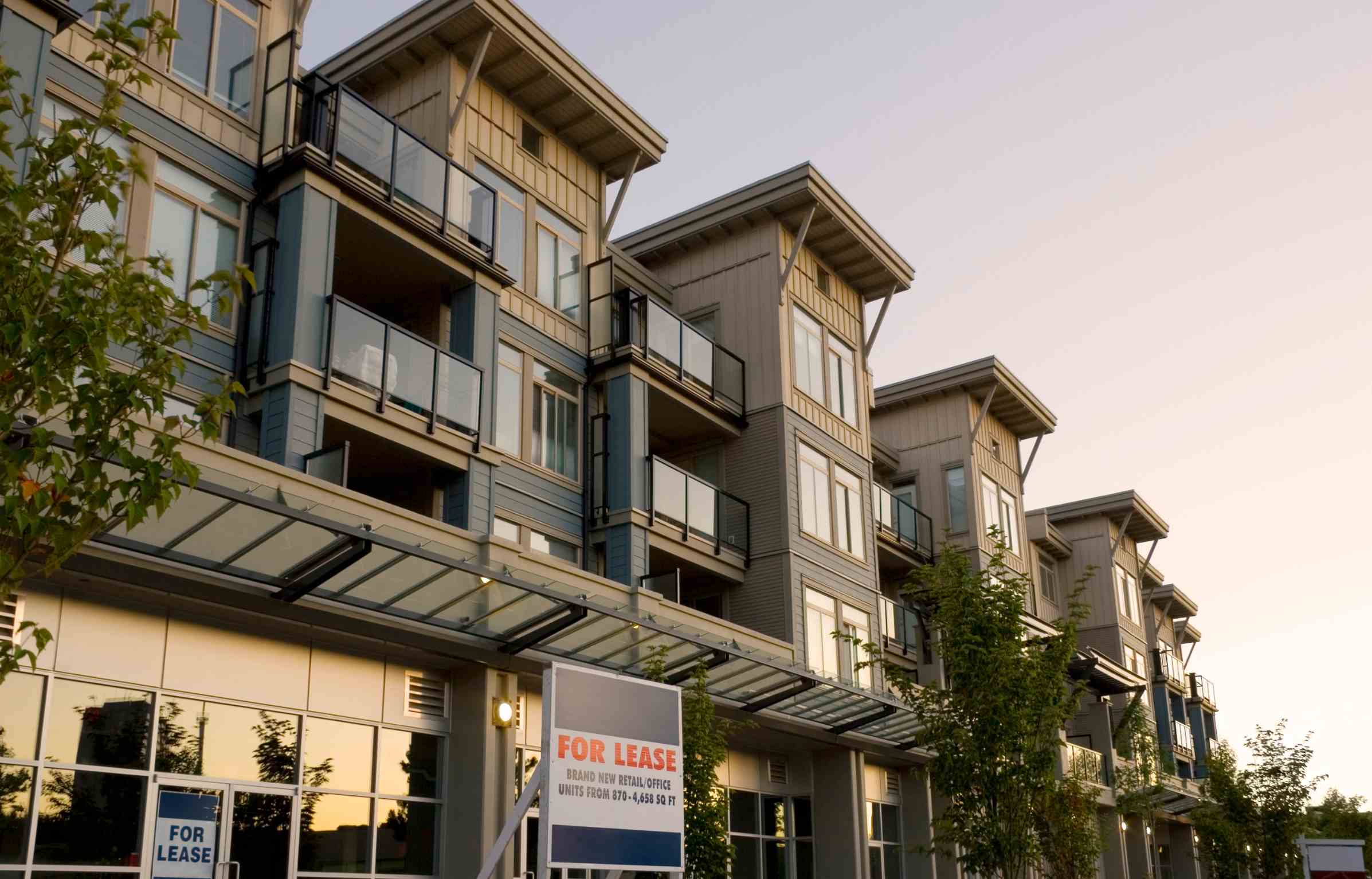Buying real estate in Boston is an exercise in timing. It starts with quiet curiosity. Then come the spreadsheets. Open house weekends follow. By Sunday dinner, you’re in a bidding war. For first-time buyers, the process is emotional. The skyline promises ownership, but the path is steep, fast, and full of paperwork. From pre-approvals to closing tables, knowing how to buy a condo in Boston gives you control in a market that moves on its own.
A condo offers structure. Stability. Something that finally feels yours in a city where rent increases feel like annual rituals.
“Everyone else had a playbook I never got,” said Olivia Kaplan, who just closed in Mission Hill.
This market turns patient buyers into quick decision-makers.
Know the Boston Market Before You Start
Boston’s median condo price reached $768,000 in early 2026, according to MLS PIN data. That is a 4.2% increase from the previous year. Back Bay, Beacon Hill, and the South End regularly pass $1 million.
Dorchester, East Boston, and Roxbury are more affordable. But inventory in these areas remains tight.
At the same time, interest rates are rising. New construction remains limited. As a result, desirable units are harder to find.
Open houses now draw multiple offers within days. In some cases, within hours. That is why studying recent sales matters. It sets a realistic budget and keeps emotions in check when pressure builds.
“I thought Roxbury would be easier, but everything decent still sells in days,” said Marcus Kelley, who works at a fintech firm in Seaport.
Related – Why Hyperlocal Real Estate is the Biggest Shift in the Housing Market
Check Your Credit and Get Pre-Approved
A credit score above 700 gives access to better mortgage rates. In 2026, the average 30-year fixed mortgage sits around 6.5%. Pre-approval strengthens offers and is essential in Boston’s market. Collect tax returns, income records, and debt summaries early.
First, check your credit report. Fix any errors early. Then, pay down high balances. Avoid new debts before you apply. Next, focus on pre-approval. In Boston, sellers often skip offers without it. It demonstrates that you are serious and financially prepared.
To start, collect your tax returns. Add income statements and W-2s. List your current debts so lenders see the whole picture.
“My realtor wouldn’t even show me places until I had my pre-approval letter,” said Emma Walker, a first-time buyer from Cambridge.
Spend Below Your Max to Stay Safe
Experts recommend that housing costs should not exceed 30 percent of a person’s gross income. In Boston, the rate is often closer to 40%.
Consider HOA fees. Also, factor in property taxes. A $750,000 condo could mean $4,500 or more each month.
“I had a number in mind, but reality added a thousand dollars more,” said Ben Tran, who bought near Allston.
Hidden costs add up. Many overlook parking, heat, and condo insurance. These extras gradually increase your budget.
Build in a margin for unexpected costs. It includes repairs, condo assessments, and changes in interest rates. Over time, these surprises can add up. That is why spending less keeps you flexible when things change.
Know the Right Neighborhood for Your Lifestyle
Back Bay offers charm and history. Charlestown draws professionals. Jamaica Plain offers more green space. It is close to public transit. The Red and Orange lines help commuters.
Meanwhile, East Boston and Dorchester offer more space. Roxbury and Roslindale appeal to value-focused buyers. Each area trades off commute, cost, and lifestyle.
“Once I realized I could trade square footage for walkability, I looked at East Boston differently,” said Lucia Santiago, who now lives near Maverick Station.
Also read – 7 Tips for Choosing the Right Neighborhood When Buying Your New Home
Hire a Local Agent with Condo Experience
Boston’s condo market requires specific knowledge. Documents, special assessments, and building rules vary widely. Select an agent who specializes in condominiums. The seller often pays their commission.
Besides, a local expert is aware of which buildings have financial red flags or poor management histories. It helps with offers, inspections, and board approvals. That guidance can help you secure your deal quickly.
“My agent caught things I would’ve never noticed in the condo docs,” said Joshua Lee, a data analyst relocating from San Diego.
Check the Building’s Financial Health
First, request two years of HOA minutes. Then, ask about reserves and recent assessments. Additionally, many Boston buildings face upcoming repairs. Without planning, sudden fees follow.
Next, check for insurance issues or lawsuits. Also, older buildings might soon need roof, plumbing, or elevator upgrades. Finally, when reserves fall short, the HOA passes those costs directly to owners.
“There was an $18,000 roof assessment I never saw coming, until my inspector asked for board minutes,” said Anna Gillespie, who ended up walking away.

Know the Total Cost of Ownership
In Boston, property tax runs $10.74 per $1,000.
Boston taxes are high. For a $750,000 condo, expect to pay around $8,000 per year. Then add HOA fees. These often range from $400 to $800 each month. In luxury buildings, the stakes get steeper. With gyms, elevators, or concierge services, fees can top $1,200.
Not all fees cover the same things. Some buildings include utilities such as heat, water, and trash. Some charge extra for utilities or parking.
Monthly costs may rise by $150 to $250. Additionally, these cover services are not included in your HOA’s coverage. Moreover, some buildings also charge move-in fees. Some pay $200 to $500 more. Finally, read the disclosure packet carefully.
The fine print shows the actual cost beyond the listing price. Otherwise, missing these details can add hundreds per month and stretch your budget unexpectedly.
“I thought they included internet and trash, but they covered nothing,” said Leo Greenberg, who bought in the North End.
Prepare for Competition and Bidding Wars
The average condo gets almost four offers within ten days. In hot areas, it can drop to just a few days.
So, you need to be fast and focused. To begin with, first-time buyers should have their financing lined up before touring. In particular, pre-approval helps. However, quick decisions matter just as much. Even so, one delay can cost you the unit.
Of course, bidding wars are a common occurrence. And while you might feel pressure to waive contingencies, think twice.
Skipping inspections or financing clauses might backfire later. A firm offer should also be a smart one.
To stay ready in a fast-moving market –
- Get pre-approved and have proof of funds in hand
- Set your price ceiling and do not go above it
- Respond quickly to new listings
- Stay calm when bidding heats up
- Keep your inspection unless you know the risks
- Write a short, personal note to the seller if it fits the tone
Each offer is a chance. However, the right one also protects your future.
“I wrote three letters to sellers before one finally picked me, and I still had to come up $20,000,” said Naomi O’Connor, a buyer in Charlestown.
Do Not Skip the Inspection
Boston’s buildings are old. Newer units can hide issues. A $400–$600 inspection is worth it. Start with the inspection. It often finds wiring faults, moisture, or cracks. Shared roofs or basements can bring surprise costs. That is why reading the report closely matters.
Inspectors spot old heat, lead pipes, or poor insulation. Repairs for these can cost thousands after move-in.
Before you commit, bring in a licensed inspector. The report shows what you’re buying. Skipping it saves time, but it risks incurring bigger costs later.
“Our inspector found cracks the agent called ‘just old plaster,'” said Ryan Allen, who pushed for repairs before closing.
Recommended read – How Real Estate Financing Is Quietly Reshaping American Homeownership
Close With Confidence but Read Every Detail
Expect to pay $8,000 to $14,000 in closing costs. Next, Massachusetts requires a purchase and sale agreement, escrow, and legal review. Then, hire a Boston condo attorney.
Also, check condo rules and fees. Missing one detail can cost you later.
Some buildings limit rentals or have strict renovation rules. Others charge move-in deposits or annual fees that are not always listed upfront.
“There was a clause that could’ve made me responsible for a shared boiler, my lawyer cut it out in five minutes,” said Jessica Moretti, a buyer in Fenway.
Relo.AI Makes Buying a Condo Easy and Clear
Buying a condo in Boston moves fast. It is high-stakes and packed with details. One misstep can cost thousands or the property itself. First-time buyers need a plan, trusted experts, and someone who knows how Boston moves.
At Relo.AI, we offer step-by-step support from your first neighborhood search to the day you close.
We help you budget for HOA fees, review condo docs, and track every moving piece. You focus on the decisions. We handle the complexity.
If you’re buying solo or with someone, we adjust to your timeline.
Book your FREE consultation now. Let Relo.AI help you get it right from the start.
To Sum It Up
Knowing how to buy a condo in Boston brings shape to your long-term plans. It adds structure to your finances and stability to your day-to-day life. You chase listings. Then you sign at the closing table. Each step moves you from uncertainty to ownership. The search may feel relentless. But with the proper knowledge, team, and timing, the right keys end up in your hands.
Start with one viewing. Let it turn questions into clarity, and clarity into home.
Buy where it counts and hold the space that truly feels yours.











